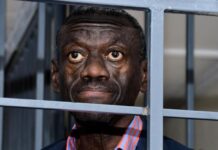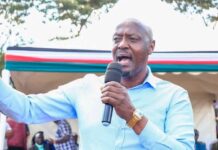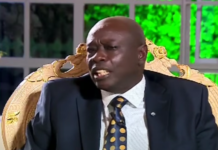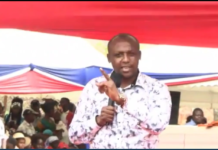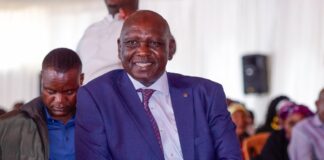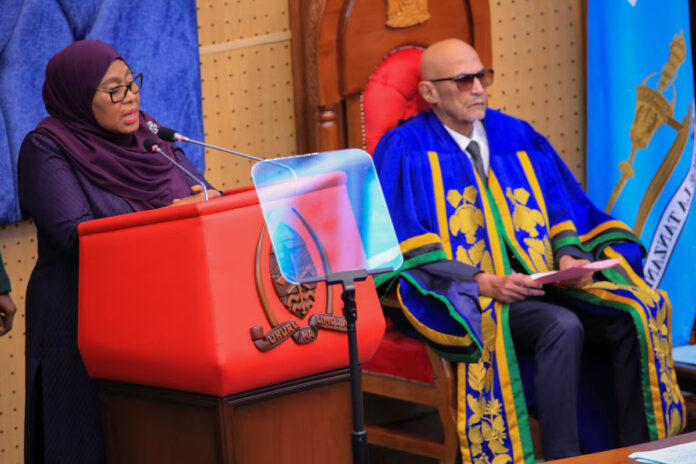
President Samia Suluhu Hassan on Friday pledged to investigate the violence that erupted during last month’s elections, offering condolences to families of those who died in what has been the country’s most severe political crisis in decades.
In her first address to parliament since winning the October 29 election with nearly 98% of the vote, Hassan called for a moment of silence for the victims.
“I extend my condolences to all families who lost their loved ones,” she said, announcing that the government would establish a commission to determine the root causes of the unrest. She did not specify who was responsible for the violence.
The clashes, which followed the exclusion of the two leading opposition candidates, led to widespread protests.
The United Nations has estimated that hundreds of people were killed, while the main opposition party, CHADEMA, has claimed that security forces killed more than 1,000. The government has dismissed opposition claims as exaggerated and has yet to provide its own figures.
Hassan urged prosecutors to drop charges against individuals who “merely followed the crowd,” acknowledging that some young protesters “did not know what they were doing.”
Hundreds of youths have been charged with treason over their alleged involvement in the demonstrations.
The election was criticized by African Union observers for ballot box irregularities, though the government maintains that the vote was fair and has defended the actions of security forces during the unrest.
Tanzanian activist Maria Sarungi Tsehai, who resides in Kenya, responded to Hassan’s remarks by demanding her resignation. “This savagery, this atrocity that you and your gang committed, must give way! There is no peace without justice,” she wrote on social media platform X.
Hassan’s administration has faced repeated scrutiny over human rights concerns. Last year, she ordered an investigation into reports of abductions of government critics, though findings have not been released.
Despite political tensions, Tanzania’s economy is projected to grow by 6% this year, driven in part by infrastructure projects, including the construction of roads, railways, and power plants.
Source: Reuters
Written By Rodney Mbua












